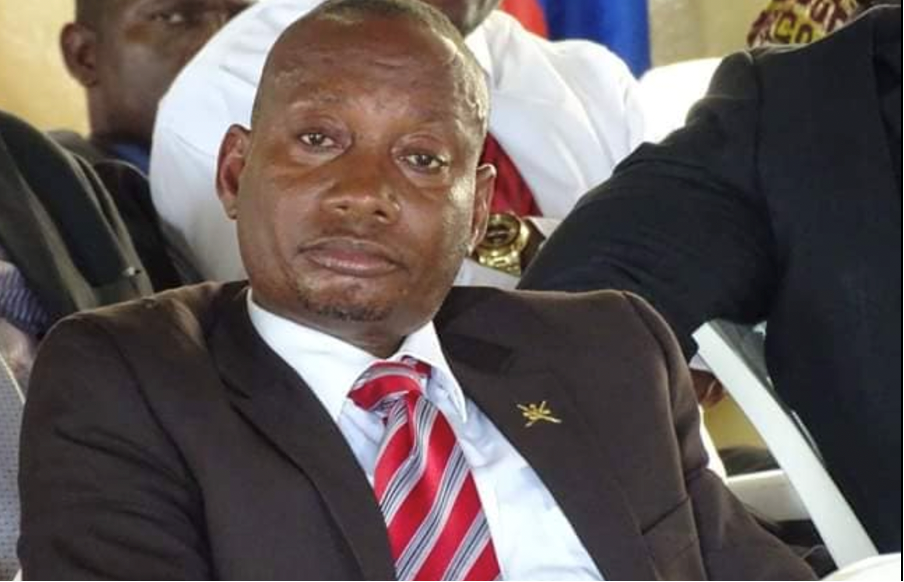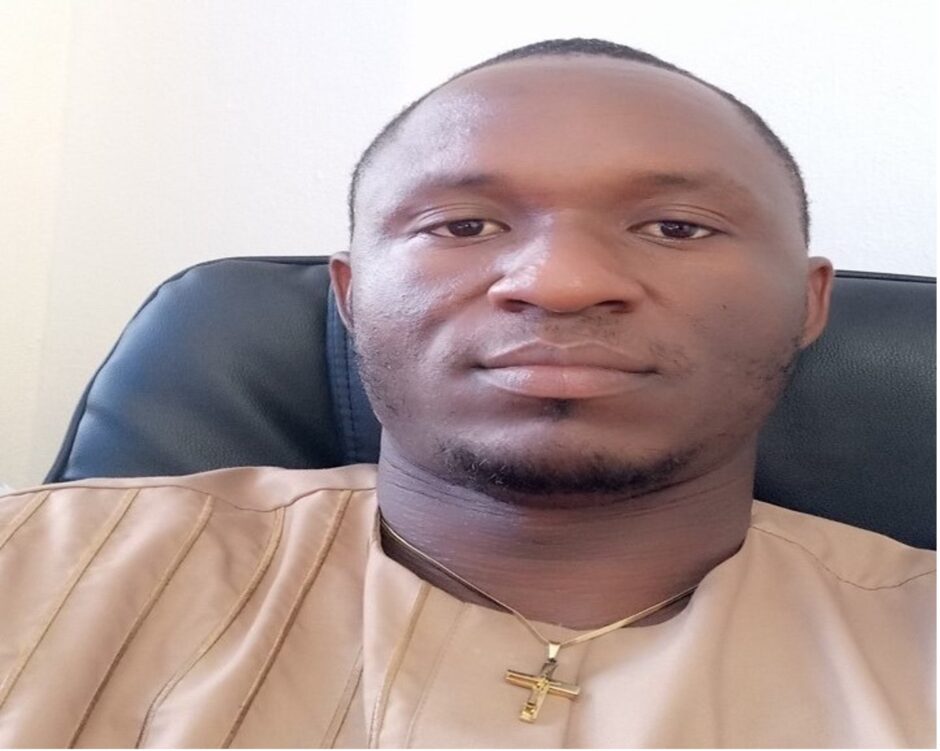
Monrovia – Liberian state prosecutors have called off a three-week strike which paralyzed courts across the country. The prosecutors, who represent the government in legal cases, were demanding the government increase their monthly salaries and provide benefits, including vehicles. But after a lengthy meeting among themselves, the prosecutors have conditionally agreed to return to work.
By Anthony Stephens with New Narratives
“The Minister of Justice, through the incoming solicitor general, Cllr. Nyananti Tuah asked me on Monday to talk to the prosecutors to call off the boycott,” said Cllr. Adolphus Karnuah, President of the National Association of Prosecutors, by phone. “And then we take Minister Tweah’s statement before the Senate as a policy statement that as of December, latest the end of January, most of our concerns will be addressed. The government has promised that our demands will be met 90% if not 100%.”
Karnuah was referring to a statement by Samuel Tweah, Finance Minister, who told the Senate last week that the government would find a way to address some of the concerns of the prosecutors. Prior to that Senate appearance there had been unsuccessful negotiations involving the Justice Minister, Musa Dean and the leadership of the Liberian National Bar Association to resolve the strike and get the prosecutors back in court.
The government is excited about the prosecutors’ latest action.
“Staying out of court did not help the criminal justice system,” said Cllr. Wesseh A. Wesseh, Liberia’s Acting Solicitor General. “For the greater good of the public, they needed to go back to court.”
In addition to pay increases, the striking prosecutors were demanding fuel and scratch cards and claimed that the government had breached its part of a Collective Bargaining Agreement (CBA), signed when the Weah administration had just come to power five years ago. The agreement provided for many things, including vehicles, scratch cards, medical insurance, and funds for attorneys to prosecute cases for terms of court, according to them.
Karnuah had claimed that many of his members, especially those in rural counties, were riding motorcycles to court, which he said put them in danger because they could be attacked by supporters of criminal defendants.
The biggest point of contention is the pay which was cut during the 2018 “national harmonization” program which cut the salaries of judges, state prosecutors and lawmakers. Salaries of cabinet officials were also slashed in a move that had long been demanded by international donors who were angered by inflated salaries that were equivalent to counterparts in countries with much larger economies. The program helped save more than $US297 million from Liberia’s bloated wage bill.
Prosecutors are paid a range of salaries, but all were cut up to 30% during the process. Karnuah claims the average prosecutor pay is now $700 – $750 per month before tax.
“It’s unacceptable. It’s demeaning,” said Karnuah.

Prior to the cuts, there were five categories of prosecutors, according to Cllr. Lafayette Gould, Financial Secretary General of the prosecutors’ association.
In category one “Counselors-at-law without supervisory roles were making $3, 000 a month pretax,” said Gould by phone. “Those who were holding supervisory positions like county attorneys, division directors, were making $US 4000 prior to the harmonization. And regular Counselors-at-law, who were just going to court were making $US 2,750. And then, Attorneys-at-law, were making $US 2,000. Then we have the city solicitors. Some of them were paid far less than $US50.”
But Gould said all the salary structures changed when the harmonization program came into effect.
“All those who made from $US 3,000 above, are now making $US 2,600. That’s the gross pay,” said Gould. All those who were making $ US 2,750 gross, now make 2085. “All those who were making $ US 2,000 grosses, are now making $US 1,300 grosses. All those who were making $US 50, $US 100 (non-lawyer city solicitors) or so, are now making $US 300 grosses.”
The Justice Ministry has not responded to repeated requests from FPA/NN for clarity on the salaries and benefits of the prosecutors. The Human Resource and Public Relations Departments of the ministry promised to give the information but did not supply it by press time.
Prosecutors are still fighting the harmonization program.
“That does not go to the fact that people’s salaries should be reduced and reduced drastically to the extent that, those people become beggars and plunged into abject poverty,” said Karnuah. “We’ve said put back what you deducted from our salaries to commensurate with the workload we have as prosecutors and the risks that are involved in prosecuting criminal cases across Liberia.”
The strike affected all criminal cases, including a groundbreaking group of human trafficking cases were expected to start in November. Civil cases that the government is a party to were also affected by the strike. The criminal cases included perpetrators accused in the trafficking of dozens of Liberian women to the Middle Eastern country of Oman under false pretenses. Many of the cases are among the first to be tried under a strong new anti-trafficking law that would see those convicted serve minimum sentences of 20 years in prison. Among the cases are some related to Cephas Selebay, a Liberian man accused of masterminding the trafficking of almost 200 women to Oman.
Karnuah has sounded a warning if the government does not fulfil its promise to them.
“At the end of January if those demands are not met, we will be left with no alternative,” said Karnuah “but not to return for the February term of court and will remain disengaged until our demands are met.”
his story was a collaboration with New Narratives as part of the Investigating Liberia project. Funding was provided by the US Embassy in Liberia. The funder had no say in the story’s content.
